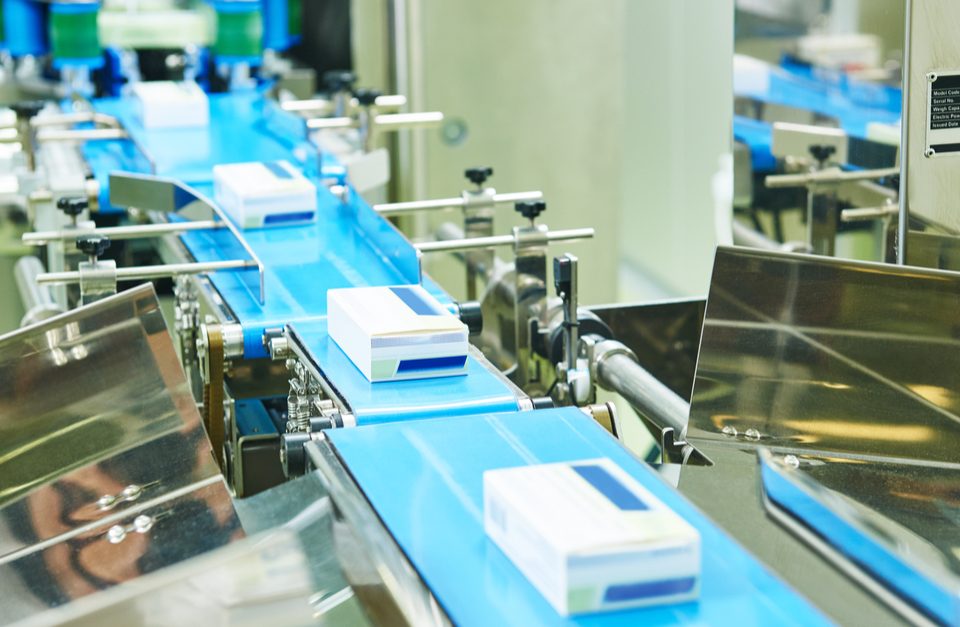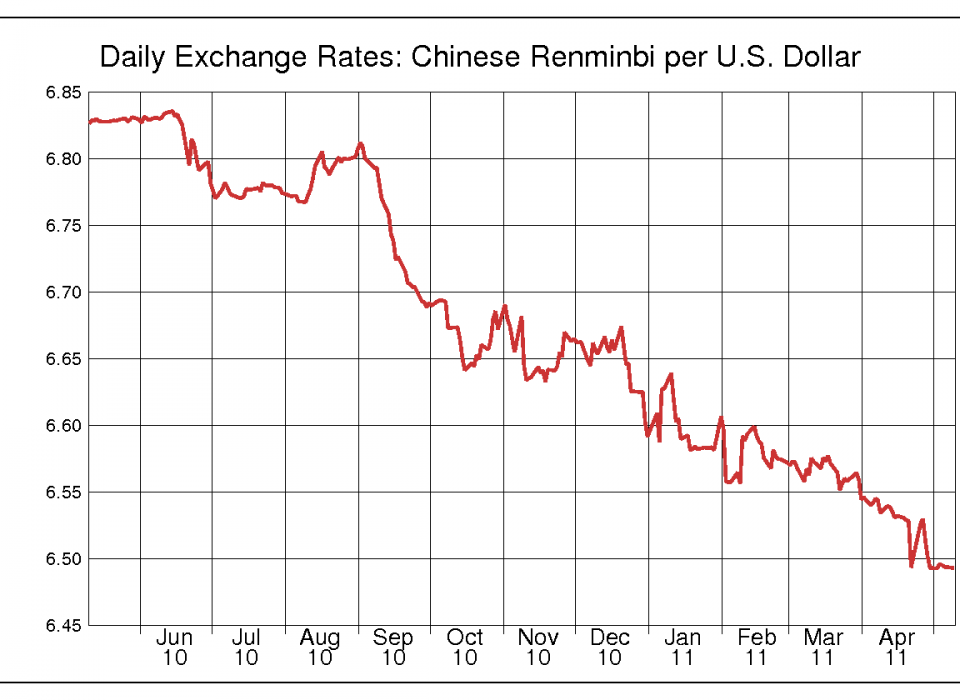Recently, I met a French person working in Shanghai. He and his partner have founded a trading company -- the word "traders" is part of their company's name. I asked him whether he felt this activity was harder and harder in the China … [Read more...]
Successfully Launching Production In China: 12 Steps For Buyers
Every year, thousands of inexperienced buyers are coming to China to find a supplier and launch production. However, getting a perfect pre-production sample is not enough. Do you know who is going to make your products, and in which … [Read more...]
Is it the end of China’s low-cost production?
Yesterday I wrote about orders that were canceled by importers because of escalating costs in China. But does it mean other Asian countries such as Vietnam or India will become the lowest-cost producers? The China Sourcing Information … [Read more...]
Are cancelled orders due to fall of the dollar?
A few days ago, I had a discussion with former colleagues. They had just finished walking the Canton Fair and were on their way back to France. They told me it was the first time they noticed so much stock on sale on the trade show. … [Read more...]
When will cheap manufacturing leave China?
Several factors are pushing the prices of made-in-China products up: the rise of the RMB against the US dollar, the factory labor shortage (because of demographic changes but also of alternative options for young workers), and the increases … [Read more...]
When should you request quotations from Chinese factories?
Last week I wrote an article about disclosing a target price, and I made it look like there is only one sequence in the sourcing process: Contact 10 to 50 potential suppliers on online directories or trade shows; Ask them about their … [Read more...]
Why most factories refuse to give customer references
Ideally, a manufacturer should be capable of giving legitimate customer references. It would be a strong sign of reliability, and a great marketing tool. In my mind, they should show a list of foreign customers to their prospects and say … [Read more...]
Agent vs. trader vs. importer: what differences?
I was asked several times about the difference between an agent, a trader, and an importer. The question often comes from someone trying to start a business to help domestic buyers (in their country) get the products they need. The truth … [Read more...]
Should you tell China suppliers about your target price?
An importer asked me what he should do when Chinese factories ask for his "price targets". I think it is a legitimate question from factories (when it comes to trading companies, though, it makes sense to be suspicious). Here is the … [Read more...]
Sourcing Agents in China: The Good, the Bad,and the Ugly
A reader recently asked me how to find good sourcing agents in China. Many dark stories involving rogue sourcing agents have shaped my opinion on this topic. My response will probably sound radical to first-time importers. The way I see … [Read more...]
- « Previous Page
- 1
- …
- 19
- 20
- 21
- 22
- 23
- …
- 26
- Next Page »



